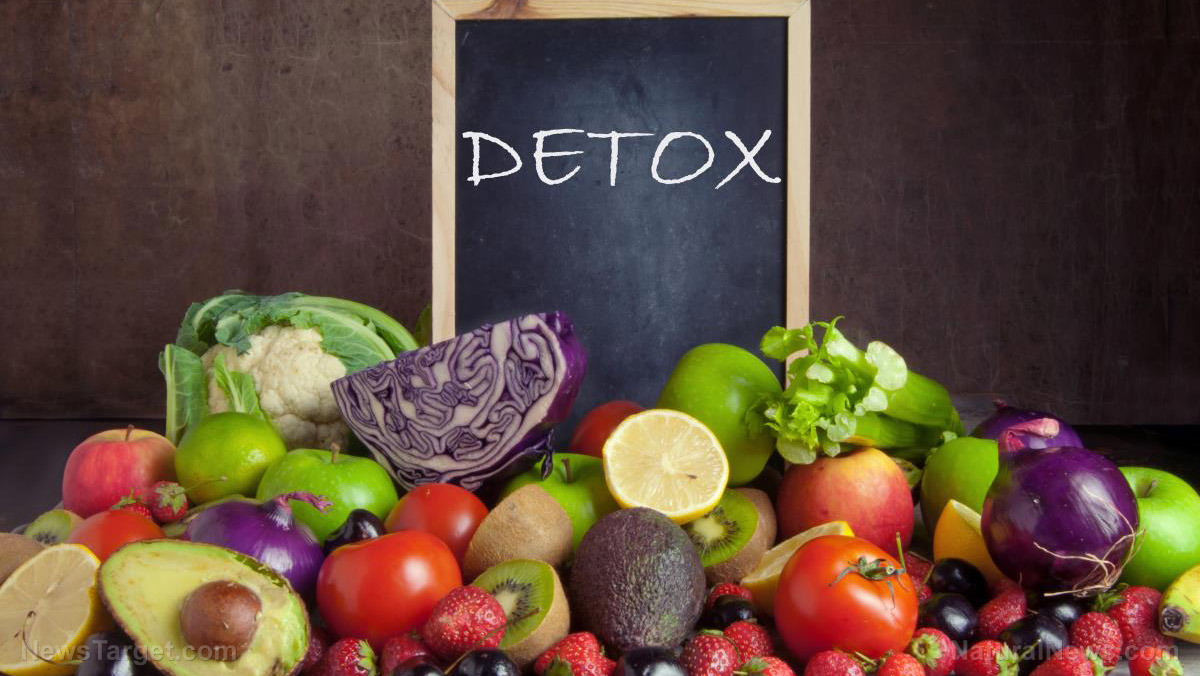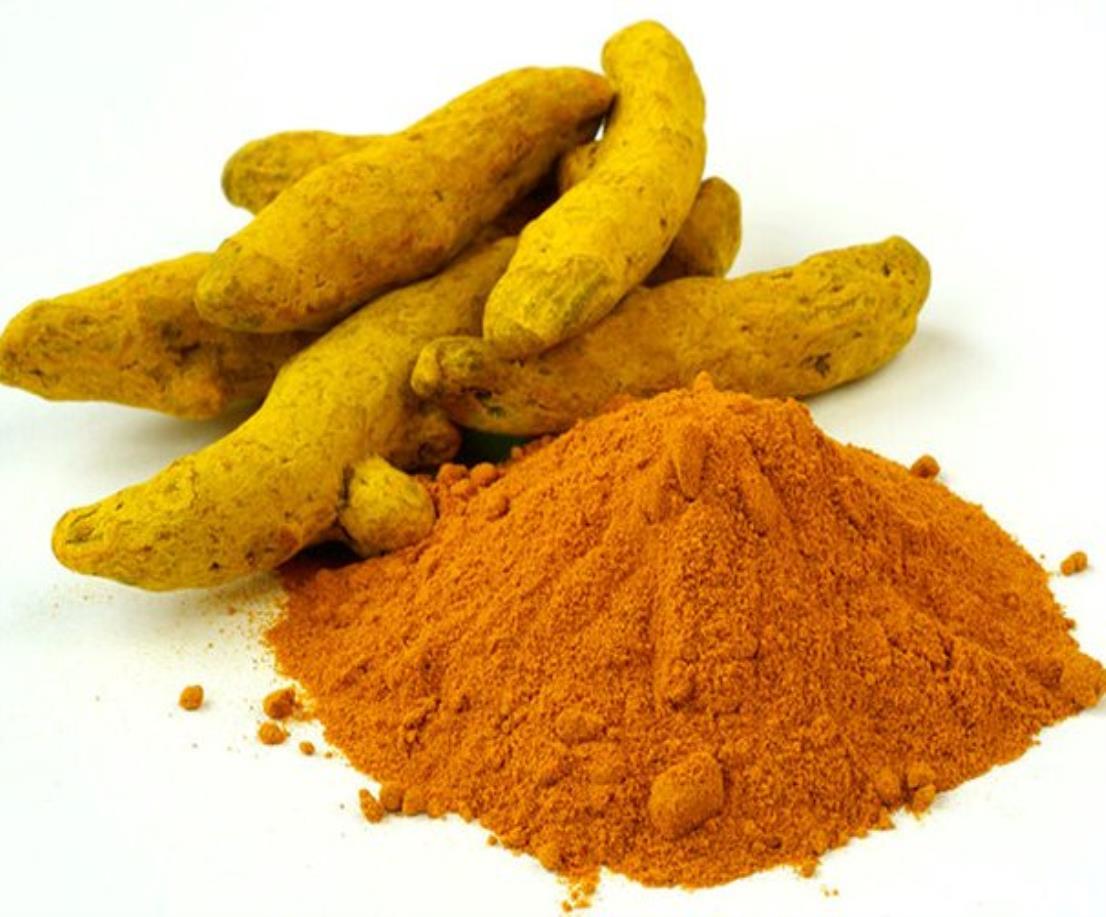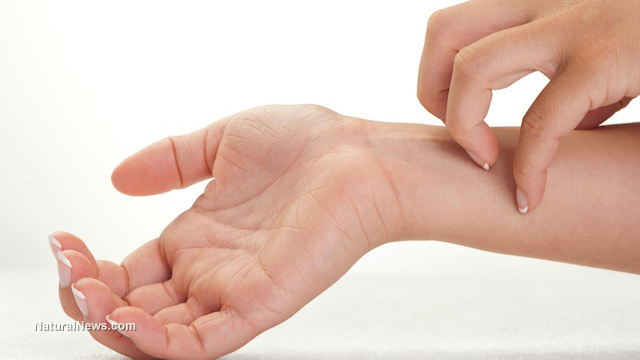Food safety tips: 6 Ways to avoid bacterial infection at home
03/15/2023 / By Zoey Sky

Avoiding bacterial contamination is important when handling and cooking food. You need to make sure everything is hygienic, and that things like food are protected from possible bacteria, to prevent the spread of illness and infections.
Avoiding bacterial contamination is even more important when you are dealing with a survival scenario, where you will likely have fewer resources if something goes wrong.
Understanding bacterial contamination
Bacterial contamination is the contamination of food via bacteria.
Contamination occurs when bacteria multiply within the food, causing it to go bad. If you eat food that has been contaminated, you will get sick. For example, food poisoning is caused by bacterial contamination.
Preventing bacterial contamination is important, especially in a post-SHTF world where you have limited resources and limited access to medical services. Handling food carefully ensures that you can avoid bacterial contamination as much as possible.
Most establishments and services that sell food to the general public are required by law to abide by many health and safety guidelines designed to reduce the risk of bacterial contamination in food.
But in your everyday life, especially at home, you must be careful and take the right steps to lower the chances of you contaminating your food, and becoming ill from it. (Related: Abbott Nutrition’s infant formula was recalled after claims of bacterial contamination, infant deaths.)
These factors can affect just how sick you get because of a bacterial infection:
- Your immune system, and how effective it is at preventing bacterial infection.
- Your diet, because some vitamins and minerals are vital in keeping your immunity system working and in good condition. If you are deficient in vitamins and minerals, you could be more vulnerable to illness and infection.
- The amount of contaminated food that you ate. If you only had a bite of something contaminated, it shouldn’t affect you that much. But if you had an entire meal that was contaminated with bacteria, you will get very ill.
- The type of bacteria that has contaminated the food. There are different types of bacteria and some are more severe than others.
How to avoid bacterial contamination
Prevent food poisoning by following these six tips to avoid bacterial contamination:
Wash your hands thoroughly
Your hands touch different things and surfaces throughout the day, and some of these things have also been touched by other people. Unfortunately, even if you practice proper hygiene, you can’t say the same for others.
Bacteria is everywhere, from your smartphone to door handles. Always wash your hands before and after preparing and cooking food so any bacteria you might be carrying doesn’t transfer onto the food that you are going to eat.
Washing your hands is also important if you’re dealing with raw food. Use antibacterial soap in your kitchen and wash your hands often.
Be careful when handling and preparing raw food
Raw food contains different bacteria, and some of them can be bad and cause food poisoning. This is one reason why most foods need to be cooked since your body won’t be able to process the number of bacteria on raw food.
Store raw food separately from the rest of the food when buying groceries. If possible, place raw food into a different shopping bag from the rest of your items.
When preparing raw food, wash your hands and the surfaces. This ensures that no other food comes into contact with the liquids of the raw food.
Avoid dirt
Dirt can contain many harmful substances and bacteria that might contaminate the food you touch.
Even if you’re not dealing with food, if you get dirty or touch dirt, you should wash your hands. Otherwise, you risk transferring that dirt onto your skin, or to sensitive areas such as your mouth or eyes, which can then cause bacteria to infect you.
Wash your hands regularly and keep your hands and face free from dirt.
Maintain proper hygiene in bacteria-prone environments
Bacteria will thrive and spread quickly in certain environments.
Be careful of bacteria-prone environments and avoid storing food in them to prevent contamination.
For example, bacteria reproduce a lot faster at room temperature and in places that have high levels of moisture and in which mold can grow. You should store food either in the refrigerator or in a dark and dry cupboard where it won’t be exposed to moisture.
Always follow the directions on labels and packaging to make sure you are storing food correctly. This helps prevent food spoilage.
Lastly, never eat something that has gone out of date.
Avoid cross contamination
Cooking can be stressful and chaotic, and if you’re not experienced, it can become overwhelming. This is one of the reasons why cross contamination happens often: It is easy to accidentally forget and reuse the same surface.
Cross contamination occurs when you mix cooked food with raw food or place something cooked on a surface that was used for cutting raw meat, like raw chicken. When this happens, the bacteria from the raw food will spread to the cooked food.
This can happen accidentally, like when you are using the same cutting board to cut raw meat then chopping vegetables with a dirty knife. Stay calm and organized while preparing food, especially raw meat, to prevent cross contamination.
Avoid cross contamination by always using a clean cutting board. If possible, have separate cutting boards for fresh produce and another one for raw meat, poultry and seafood.
Once cutting boards become excessively worn or develop hard-to-clean grooves, replace them.
Don’t wash chicken and other raw meat
Don’t place raw chicken under running water to wash it. This is unnecessary since you’re going to cook the chicken, so the bacteria will die.
Washing raw meat is also discouraged because this just leaves traces of the raw chicken all over the sink. Small bits of the chicken can also splash onto other surfaces around the kitchen, which can then cause bacterial contamination.
Maintain proper hygiene and be careful when handling raw meat to prevent bacterial contamination.
Watch the video below for tips on how to maintain food safety in a cafeteria.
This video is from the yummy goodies! channel on Brighteon.com.
More related stories:
Clorox recalls Pine-Sol products due to bacterial contamination.
Probe finds that the FDA is rife with problems when it comes to FOOD SAFETY.
FDA probing cases of FOOD POISONING from Lucky Charms breakfast cereal.
Sources include:
Submit a correction >>
Tagged Under:
bacterial infection, emergency food, food poisoning, food safety, Food storage, food supply, homesteading, how-to, hygiene, off grid, preparedness, prepper, prepping, prevention, sanitation, survival, tips
This article may contain statements that reflect the opinion of the author
RECENT NEWS & ARTICLES
COPYRIGHT © 2017 HEALING NEWS




















